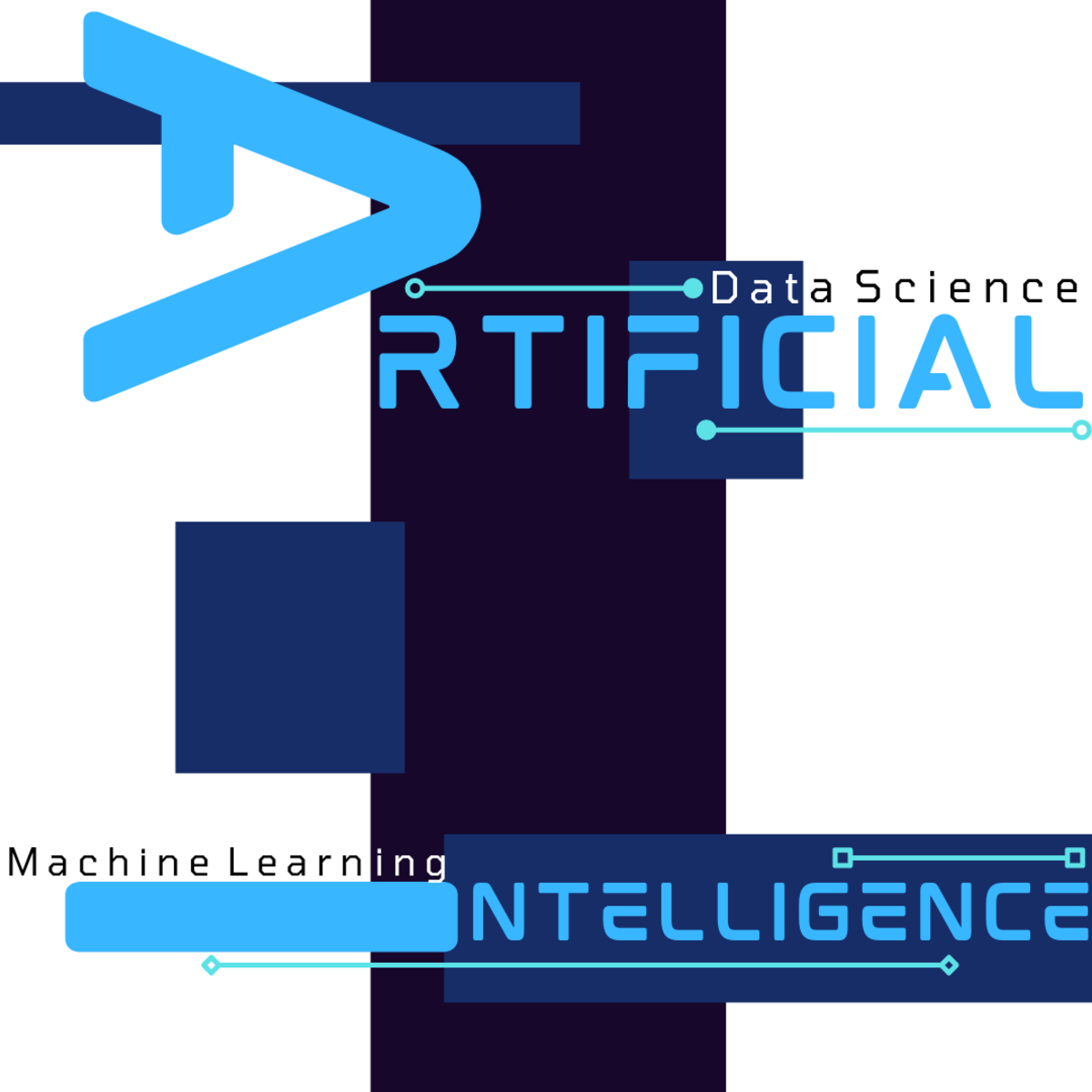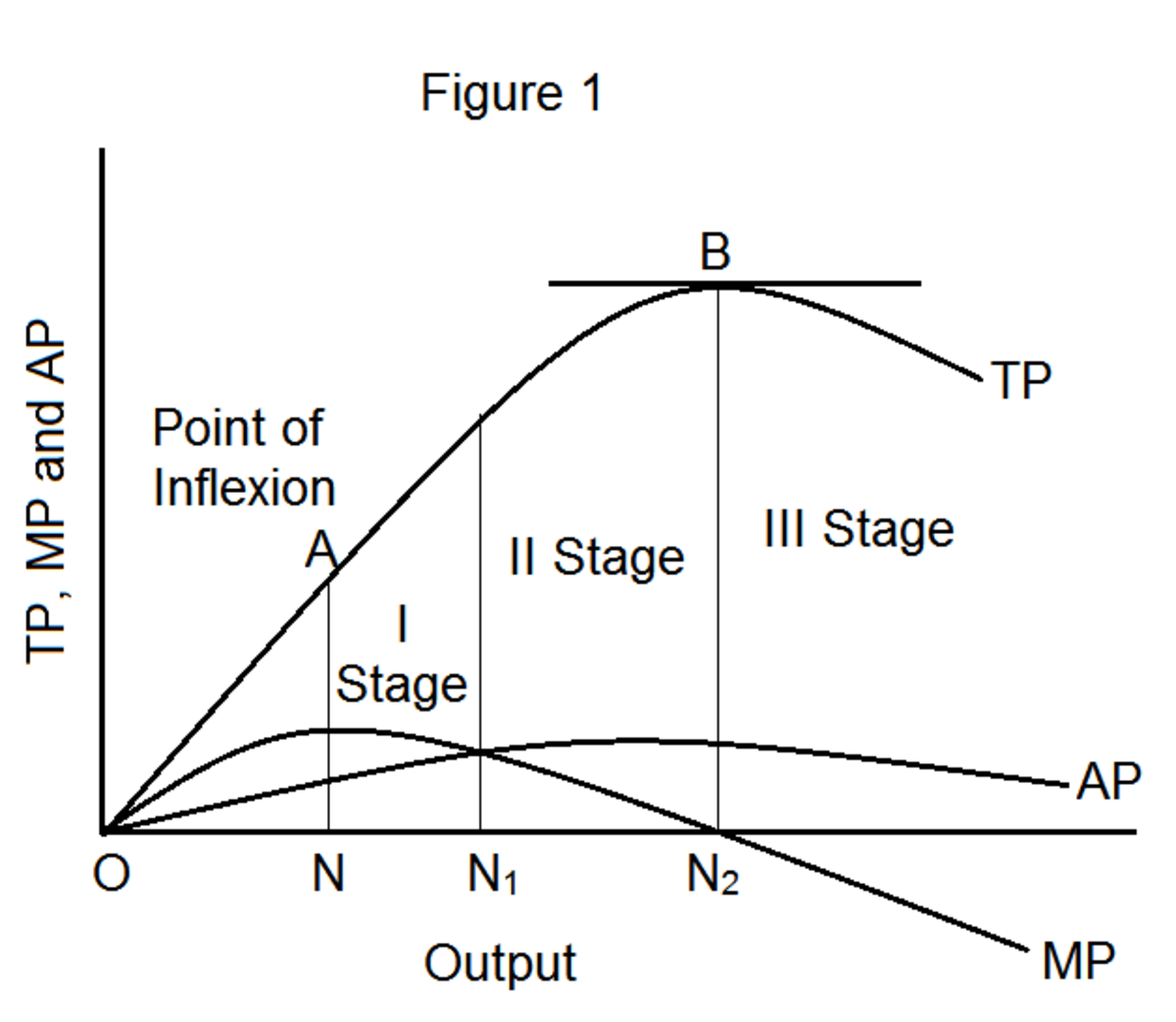What is the Technological Singularity?
Yesterdays future can become tomorrows old news

Try and keep up
It seems like technology is getting more advanced every day. As soon as you buy a new gadget a newer better model is available. You just start following the best medical advice and you hear about a new study that contradicts what you've just been told. Things that science fiction used to predict as coming in hundreds of years are either here right now or on the drawing board. Sometimes it feels like you just can't keep up with how fast technology is moving. Do you ever wish the world would slow down and give you a chance to catch your breath? Well, according to many futurists, you won't be getting it. In fact, if these people are to be believed, it's only going to get harder to keep up.
Human limitations
These futurists look at the rate of our technological progress over the last few thousand years and compare it to the rate of progress over the last century. They find that our rate of technological advancement is accelerating geometrically. In simplistic terms, we have made as many new discoveries and inventions in the last hundred years as in the preceding thousand. That's an approximation and the exact values vary from one field to another. If this acceleration of the rate of advancement continues it could soon reach the limits of what even the most brilliant human brains can sustain. We may soon not be able to think and communicate our thoughts fast enough to accelerate our technological progress any faster. Don't count on getting a breather though.
Surpassed by technology
The same futurists are looking at increases in computer power. From that, they predict that before we reach the limits of how fast human brains can support our rate of progress artificial minds will be available that can think even faster. This is the point in our advancement that they call the singularity. A time whereas Wired Magazine co-founder Kevin Kelly put it, “All the change in the last million years will be superseded by the change in the next five minutes.” Not that A.I.'s will necessarily start out quite that fast. Even if they start out able to advance technology twice as fast as we can that will include advancement toward even faster artificial minds. Once we create something that can engage in truly intelligent creative thought faster than we can, it's hard to tell where the limits on the speed of advancement might be. There might not be any.
What happens when it can out think you?

How fast can a it go?
Some suggest that the upper limits of an A.I.'s power will come from the physical limits of nature itself. Quantum mechanics puts limits on how small we can make computer processors. We currently don't have any idea how to make computer components on a subatomic scale after all. However, just because humans can't find a way that does not mean that our creations won't. Although even if there is no upper limit on the speed at which an A.I. can think there will be practical limitations on how fast it can verify it's theories by experiment. On the other hand a staggering amount of advancements might be possible just from detailed analysis of all currently available scientific data. Analysis and cross referencing of information that could take humans millions of man hours one of our hypothetical electronic minds might finish in seconds. How fast gadgets can be manufactured to take advantage of new discoveries will also be limited. However, if advancements in 3d printing proceed at the same pace as the rest of technology it might not be much of a limitation.
Is this our future?
Will we be able to keep up?
The question many ask is, if the computers are that smart where will that leave humanity? Are we facing, as it was put in the Matrix a time when our civilization becoming their civilization? Will the human race just be left in the dust by our creations living off whatever their godlike minds might deign to hand out to us? Some propose having human minds uploaded into digital form and joining the A.I. in thinking faster than the rest of us are capable. Will we all be forced to chose between uploading or being left out of what these super-minds are doing?
What if the A.I. just don't care?
One must wonder why a mind that thinks millions of times faster than us will care about those of us who think at a comparatively glacial rate? What if these synthetic minds are capable of boredom? Might they find the wait between proposing an experiment and getting results on even the most compelling scientific puzzle unendurable? No doubt they could find diversions to pass the time, they could even shut down to pass a long wait. They might also turn inward preferring to interact with other A.I. in cyberspace to dealing with the real world. If that's the case humanity might be spared being left behind, because our creations can't be bothered transforming the real world. One would assume they will solve problems put to them so we don't shut off their power. If that's the case they might not worry about telling us if we're asking the wrong questions.
How well do we understand how our own brains work?

What if it's harder to make a machine think than predicted
It's also possible that creation of an A.I. that's truly capable of abstract reasoning may not be as close as futurists predict? Most predictions are based on the idea that if a computer has as much raw processing power as a human brain it should be possible to give it a capacity for thought. Is processing power all you need? The human brain is an amazingly complex organ and neuroscience is only beginning to unlock it's secrets. We may have computers with sufficient processing power to think long before we understand our own brains enough to duplicate their function in a machine. It's also possible that intelligent thought may turn out to require an organic mind. A true thinking machine might be impossible. Though that may preclude the singularity it doesn't mean our rate of technological progress will slow down. Humans can already assist our intelligence with electronics. They are already invaluable in all manner of scientific research and will no doubt continue to be so. Increases in processing power will assist that even if the computers aren't thinking for themselves. Cybernetic brain augmentation might even allow human brains to think faster though perhaps not as fast as is expected of an A.I..
Will we get a chance to catch our breath?
The singularity is a possible and, in the minds of some, likely future. It is not inevitable however. Whether it comes or not our rate of technological development isn't likely to slow down. If the singularity does come the future shock people go through now will be nothing in comparison to what is coming. In fact the term singularity in this context has something in common with it's use in astronomy. In astronomy it describes the point where a black holes gravity becomes so strong even light can't escape. In both astronomy and technology the singularity is a point where there is no way to see what awaits on other side. If the singularity never arrives, our current rate of advancement might continue indefinitely. One thing is certain. Barring some sort of apocalyptic disaster our level of technological advancement isn't likely to regress.










